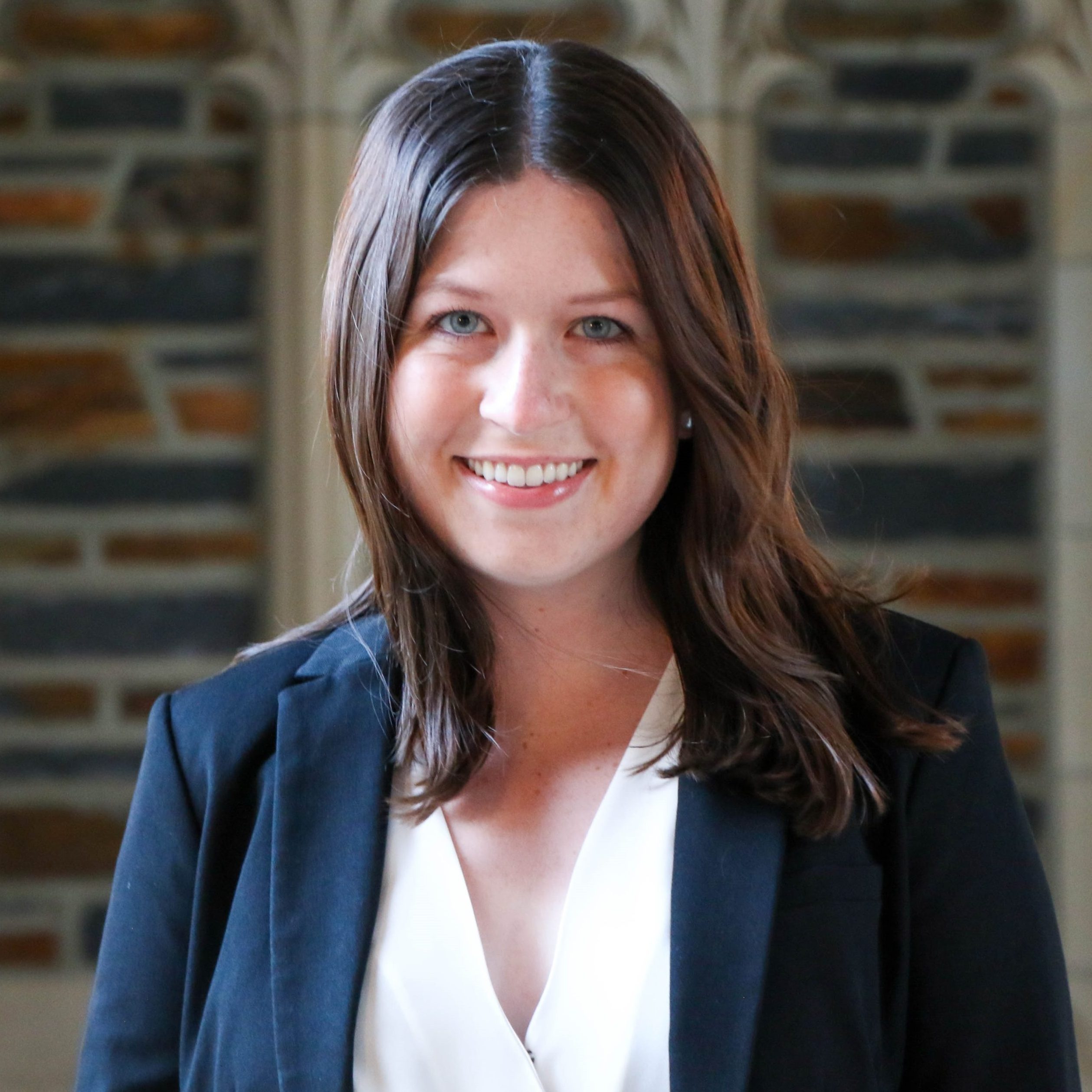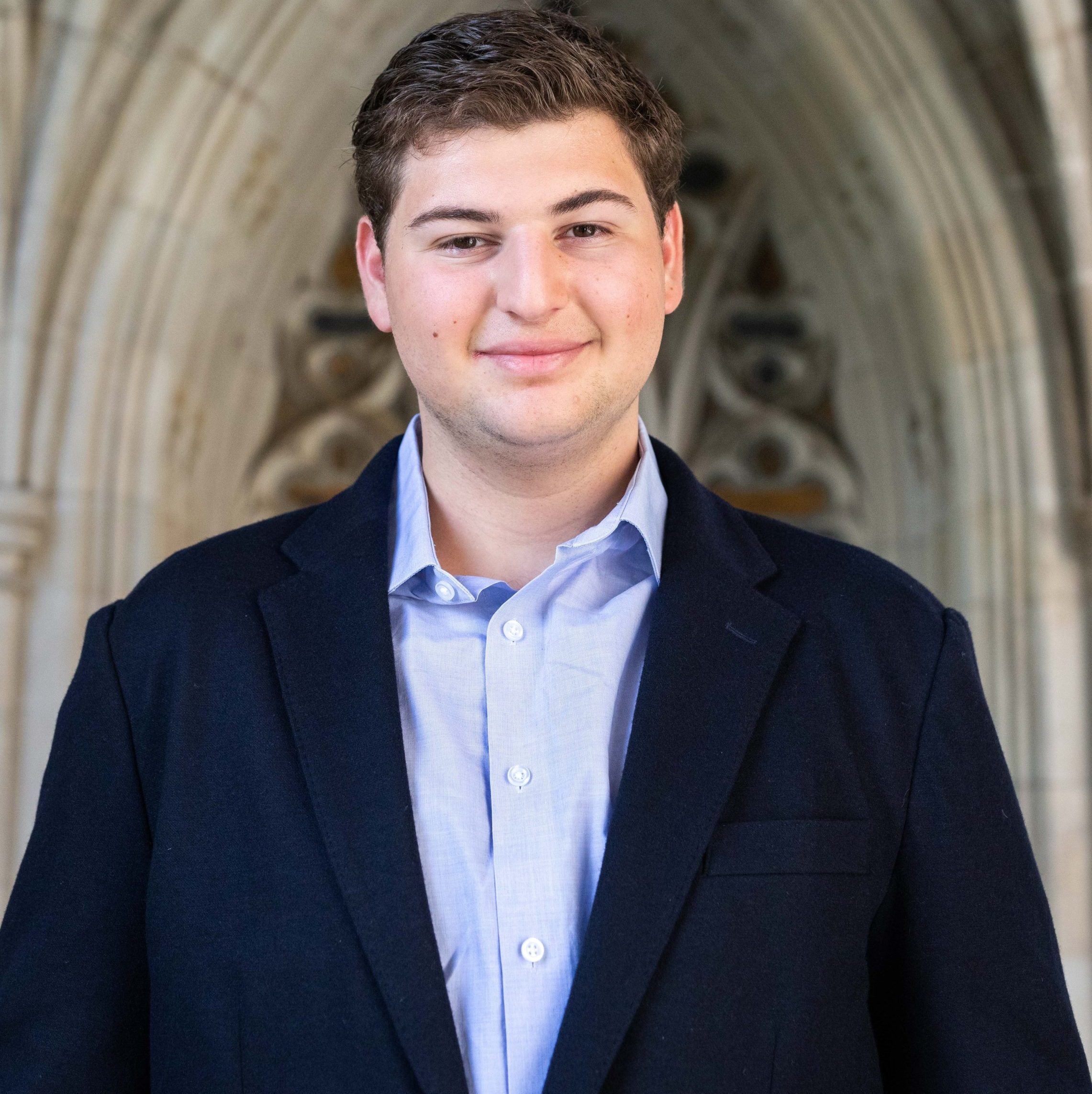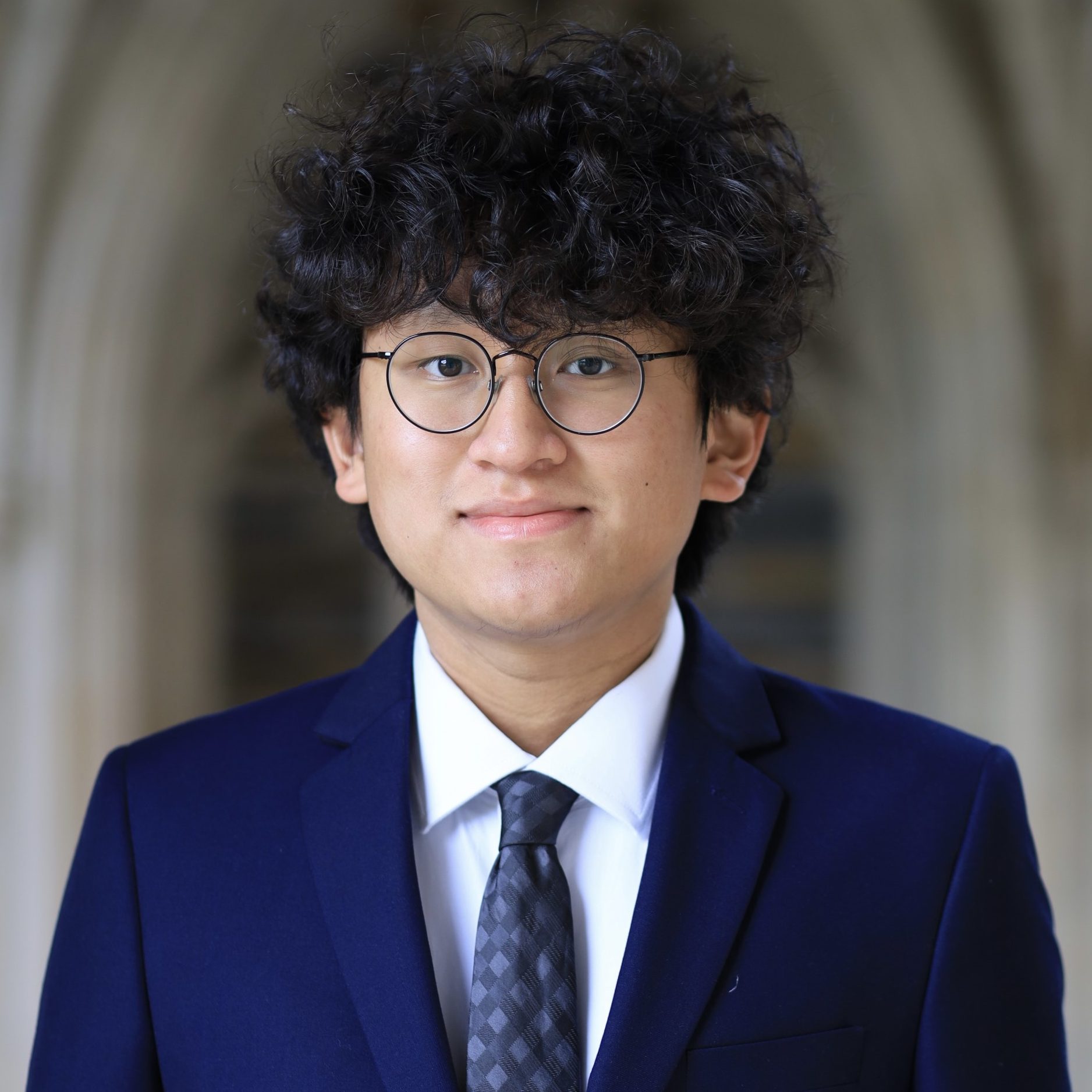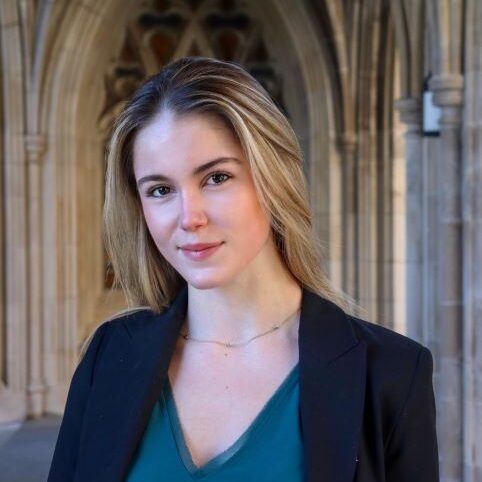Category: PUBPOL 301 Op-Eds
One study by two Louisiana State University professors titled “Emotional Judges and Unlucky Juveniles” exposes an almost laughable, yet dark reality of the American justice system. It looks at the correlation between the performance of judges’ favorite football teams and the harshness of their sentencing. Sure enough, they found that when a judges preferred football team lost, inmates were behind bars for longer. Oh and, surprise, they also handed harsher sentences to black defendants. My point, though, is to underline the variability of human decision regarding the death penalty. Proponents of capital punishment support taking murderers off the streets and handing just punishment to the most heinous criminals. I am not writing to oppose this. In a perfect world, this would be attainable. But this is not a perfect world, and humans are far from perfect. Instead, I believe the death penalty should be eliminated because of the inevitable fallibility of those who hand it down.
Comments closedThe western world’s alienation of civilians of Russian origin will leave long-lasting effects that are incredibly harmful to individual well-being. Vladimir Putin’s ruthless invasion of Ukraine has unmistakably sparked worldwide fear of one of the most colossal humanitarian violations of our lifetime. Russia has acted barbarically and inflicted brutal force on Ukrainian civilians and cities. However, Russian-Americans that have established businesses in the U.S or athletes of Russian descent qualified to run in marathons now being stripped of their careers due to their background is far from justifiable.
Comments closedAfter months of rising tensions, Vladimir Putin launched an invasion of Ukraine on February 24, 2022. The conflict has had a staggering humanitarian toll: 2,685 civilians have been killed and another 4.1 million refugees have fled their homes. The EU crisis commissioner warned Europe to prepare for over seven million internally displaced Ukrainians; this level of displacement would make Ukraine the largest refugee crisis in recent memory. Given Jake Sullivan’s prediction the war will continue for “months,” the crisis will only escalate further.
Comments closedSemiconductors chips are the linchpin of the global economy. These chips are not just in your iPhone and car but also operate the robotics machines and assembly lines that manufacture and distribute our everyday goods. What most Americans do not know though is how difficult and expensive they are to manufacture and how globalized the supply chain is. Most chips start their life in the lab of a U.S. tech company. The blueprints are then sent to foundries, specialized factories for semiconductor chips, before being integrated into the devices and systems that power our economy.
Comments closedRoughly every tenth Uyghur was forced into concentration camps by Chinese authorities without any trial or on baseless accusations. In camps, Uyghurs are beaten, raped, tortured, and punished for speaking their native language and exercising religion. Children of detainees are placed in state orphanages where, again, they are punished for speaking their language and are brainwashed with fear and aggression.
Comments closedRising tension between Taiwan and China poses the biggest threat to Asia’s geopolitical stability this year. The Biden administration must navigate this fragile relationship carefully to avoid the disastrous risk of a full-out war between the U.S. and China. Yet the U.S.’ current approach — being purposefully vague about its support for Taiwan — is ineffective against an increasingly aggressive China. Instead, Washington should make it clear that it would defend Taiwan from a Chinese invasion while reminding Beijing that the U.S. does not support Taiwanese independence. Biden must walk a fine line between these two interests.
Comments closedImagine you’re an Ohioan trying to decide who to vote for in an important election. One candidate says “We’re going to put a lot of coal miners and coal companies out of business.” — an important industry in your state and the whole Appalachian region. To that, the other candidate responds — “These are amazing people. And it’s not going to happen.” You might remember that the first candidate was Hillary Clinton during the 2016 Presidential Election, and the second Donald Trump.
Comments closedThree of the nation’s largest credit bureaus announced changes to how medical debt will impact credit scores. Starting in July, unpaid medical collections will not impact one’s credit score until a full year has passed, up from the previous standard of six months. Additionally, medical debts under $500 will not appear on credit reports starting in 2023. While significant, the new benchmark can be reversed at any instant, meaning it is up to policymakers to enshrine these new standards into law.
Comments closedOn March 28, 2022, Governor Ron DeSantis signed Florida House Bill 1557, also known as the “Don’t Say Gay Bill.” This piece of legislation represents the latest example of politicians using the guise of parental rights in education to further their conservative political agendas.
Comments closedAmerican education is suffering from an overemphasis on school facilities over teacher pay. As the United States falls further behind in world education rankings, this issue has become even more pressing, and we must save our historically strong education system. Throughout the country, there are a variety of massive ongoing and future building campaigns, coupled with limited teacher pay increases. I’ve witnessed the detrimental effects of this trend in my own community, as large bonds have failed to address the lack of a teacher pay increase for over 6 years, prompting teachers to quit and students to suffer.
Comments closedFor eight years, political wrangling in North Carolina over healthcare coverage has left too many of our residents vulnerable. The state is one of twelve to have not yet implemented Medicaid expansion under the Affordable Care Act, which would give coverage to nearly 600,000 additional residents who are currently without health insurance.
Comments closedLast week, the Oklahoma Governor Kevin Stitt signed a bill that makes performing an abortion a felony, punishable by up to ten years in prison. Oklahoma joins states like Texas, Florida, Idaho, and Wyoming in a recent movement aimed to criminalize abortion in the United States — a movement markedly different from one aimed to protect life.
Comments closedEvery decade, after the census is taken, states redraw their district lines in a process known as redistricting. The process is intended to make voting fairer by evening out district populations. However, this process can be used to manipulate elections and disenfranchise voters in a process known as gerrymandering.
Comments closed




































































































